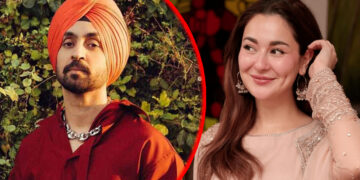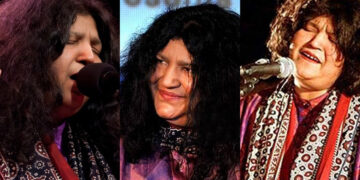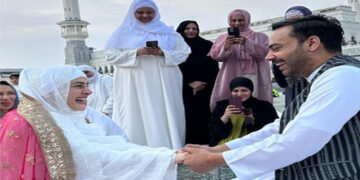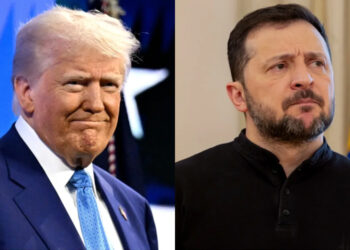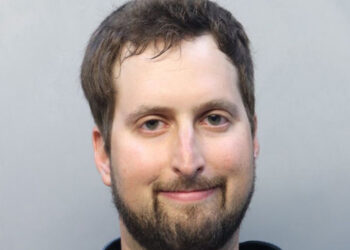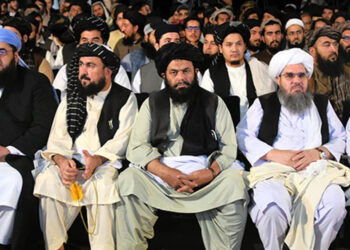![]() Follow Us on Google News
Follow Us on Google News
KUALA LUMPUR: Malaysia’s former premier Mahathir Mohamad has asserted that Muslims have a right to be angry and kill millions of French people for the massacres of the past, prompting a swift response from Twitter, which quickly took down the tweet.
The comments from Malaysia’s former premier came just after a woman was beheaded and two others killed in a knife attack in southern France (today) Thursday.
They also come in the wake of the murder of a teacher, Samuel Paty, who was beheaded outside his school on 16 October after showing his class satirical cartoons of the Prophet Muhammad (S.A.W) which were republished by the magazine Charlie Hebdo in September.
Mahathir started off the post by saying that as a Muslim, he did not approve of the killing of French teacher Samuel Paty but the freedom of expression should not be used to insult others.
“The killing is not an act that as a Muslim I would approve,” he wrote. “However, while I believe in the freedom of expression, I do not think it includes insulting other people. You cannot go up to a man and curse him simply because you believe in freedom of speech,” he added.
Mahathir further said, “Muslims have a right to be angry and to kill millions of French people for the massacres of the past. But by and large, the Muslims have not applied the ‘eye for an eye’ law. Muslims don’t. The French shouldn’t.”
“Since you have blamed all Muslims and the Muslims’ religion for what was done by one angry person, the Muslims have a right to punish the French,” he remarked.
The former premier also criticised French President Emmanuel Macron, saying that he was being very primitive in blaming the religion of Islam and Muslims.
Mahathir said that Muslim-majority Malaysia was peaceful and stable because the citizens were conscious of the need to be sensitive to the sensitivities of others.
He stated that the contemporary Western world no longer adheres to its own religion. “They are Christians in name only. That is their right. But they must not show disrespect for the values of others, for the religion of others,” he added.


